Real Estate In Uruguay- FAQs
Renting a quality single-family home in Uruguay starts at US$2,000 a month. Smaller coastal communities offer more budget-friendly options.
Top Destinations:
Whether you’re looking for fun and sun, a peaceful retirement, or the chance to earn some extra income, you’ve got a real world of opportunity open to you… In short, we’ve done our best to narrow down your best options, but only you can decide the right country for you.
Best For:
How Much Will It Cost You To Live Overseas?
The only honest answer is, we have no idea. And neither does anyone else. The only one who can answer that question is you. Here’s the most important thing to understand about budgeting your new life overseas…
Follow Us:
Upcoming Events
Live and Invest In Spain Conference
Offshore Wealth Summit
Greece Workshop
VALENCIA, SPAIN
Sep. 17-19, 2025
PANAMA CITY, PANAMA
Oct. 15-17, 2025
VIRTUAL
Nov. 13, 2025
Contact Our Events Team
Reach us with your questions by email at: events@liveandinvestoverseas.com
Unlock The World
Overseas Havens Reports
Conference Kits
Lahardan Books
Our Customer Service team is here to assist with any questions or concerns CustomerService@LiveandInvestOverseas.com
Top Destinations:
Whether you’re looking for fun and sun, a peaceful retirement, or the chance to earn some extra income, you’ve got a real world of opportunity open to you… In short, we’ve done our best to narrow down your best options, but only you can decide the right country for you.
Best For:
How Much Will It Cost You To Live Overseas?
The only honest answer is, we have no idea. And neither does anyone else. The only one who can answer that question is you. Here’s the most important thing to understand about budgeting your new life overseas…
Follow Us:
Upcoming Events
Live and Invest In Spain Conference
Offshore Wealth Summit
Greece Workshop
VALENCIA, SPAIN
Sep. 17-19, 2025
PANAMA CITY, PANAMA
Oct. 15-17, 2025
VIRTUAL
Nov. 13, 2025
Contact Our Events Team
Reach us with your questions by email at: events@liveandinvestoverseas.com
Unlock The World
Overseas Havens Reports
Conference Kits
Lahardan Books
Our Customer Service team is here to assist with any questions or concerns CustomerService@LiveandInvestOverseas.com

We Value Your Privacy! We will not share your email address with anyone else, period.
Home » Best Countries To Live, Invest, And Retire Overseas » Uruguay » Real Estate In Uruguay
Property And Real Estate In Uruguay
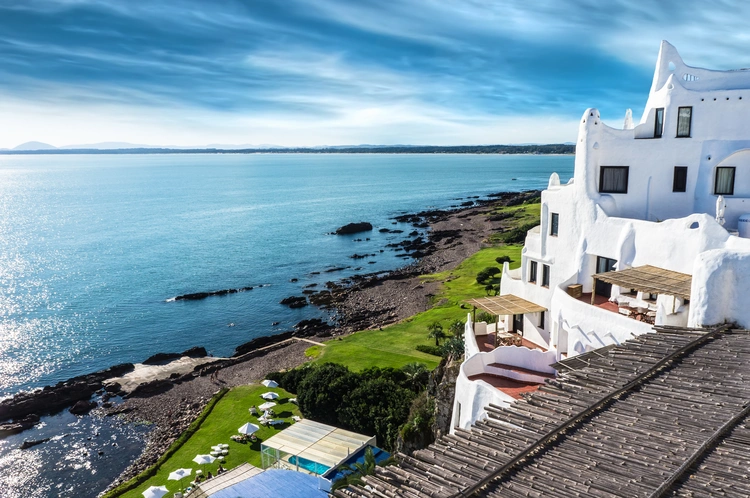
Buying real estate in Uruguay is a straightforward matter. This country has an excellent system of property registry and a well-organized process for property purchase; buying here is very low risk.
Every property transaction is processed by an escribano, who is a hybrid of a real estate attorney and a notary.
The escribano’s role is defined by law and includes title verification prior to closing. In a way, due diligence is built into the purchase process.

Reviewed By Lief Simon
Lief Simon is the managing editor of Global Property Advisor, Simon Letter, and Offshore Living Letter. He has purchased more than 45 properties, investing in 23 different countries around the world.
Start Your New Overseas Life Today
A world full of fun, adventure, and profit awaits! Sign up for our free daily e-letter, Overseas Opportunity Letter, and we’ll send you a FREE report on the 10 Best Places To Retire In Style Overseas Today 2025
We Value Your Privacy! We will not share your email address with anyone else, period.
But keep in mind that the escribano is only verifying that the transaction is safe and sound… not that the property you’ve chosen is necessarily the best for your intended purpose.
Also, you’ll need to decide this on your own, or with the help of a broker or attorney who is accustomed to working with foreign investors and clients.
Uruguay has no restriction on foreigners owning property.
Finally, if you are buying with any agricultural land, make sure you know the land’s productivity rating and that you’re paying a fair price in accordance with that rating.
Check the rating of any piece of land in Uruguay by looking it up on the government’s CONEAT rating map.
A productive land purchase in this country is an appealing option for investors.
Uruguay’s strong commodity sector, lack of natural disasters, and abundant water supply combine to create a strong argument in favor of an agricultural investment in this part of the world.
Real estate in Uruguay is typically priced in dollars because of a history of fluctuations in the value of the peso.
You can find some rentals in pesos, but even in rentals, at the high end it’s usually rented in dollars. Uruguayans do not usually invest in title insurance, but it is available.
If you are seeking to diversify your life internationally, owning a chacra in Uruguay may fit the bill perfectly.
A chacra in Uruguay is a piece of land smaller than 100 hectares (can be as small as a half-hectare; bigger than 100 hectares or so (247 acres), and a chacra becomes an estancia in this part of South America.)
This investment can often be self-sustaining and generally costs less than other types of property purchases, as they are often found away from the more expensive beach areas. This is an option that is right for an increasing number of individual investors.
While a chacra may serve as a vacation home for the time being—or a normal residence—they can often be set up to operate off the grid, for those who would like that independence.
Finally, chacras generally cost less, as they are often found away from the more expensive beach areas.
Shopping for a chacra in Uruguay, you’ll find that the most expensive ones are often part of a development, rather than off on their own. Both approaches offer advantages.
With the developed version, a chacra typically comes with electricity and a maintained road, as well as a front gate. But they can also be quite high end (usually near the coast) with elegant club houses, restaurants, and pools.
We’ve seen 5-hectare chacras go for US$55,000… but we’ve also seen them priced at US$350,000.

Reviewed By Lief Simon
Lief Simon is the managing editor of Global Property Advisor, Simon Letter, and Offshore Living Letter. He has purchased more than 45 properties, investing in 23 different countries around the world.
Start Your New Overseas Life Today
A world full of fun, adventure, and profit awaits! Sign up for our free daily e-letter, Overseas Opportunity Letter, and we’ll send you a FREE report on the 10 Best Places To Retire In Style Overseas Today 2025
We Value Your Privacy! We will not share your email address with anyone else, period.
Renting a quality single-family home in Uruguay starts at US$2,000 a month. Smaller coastal communities offer more budget-friendly options.
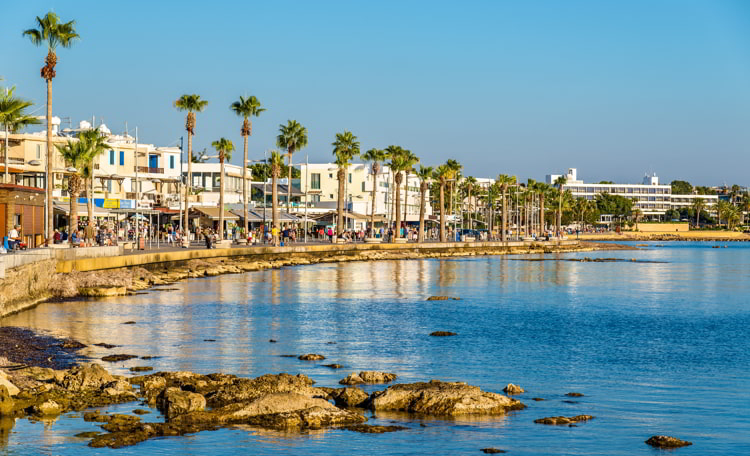 . '
. '
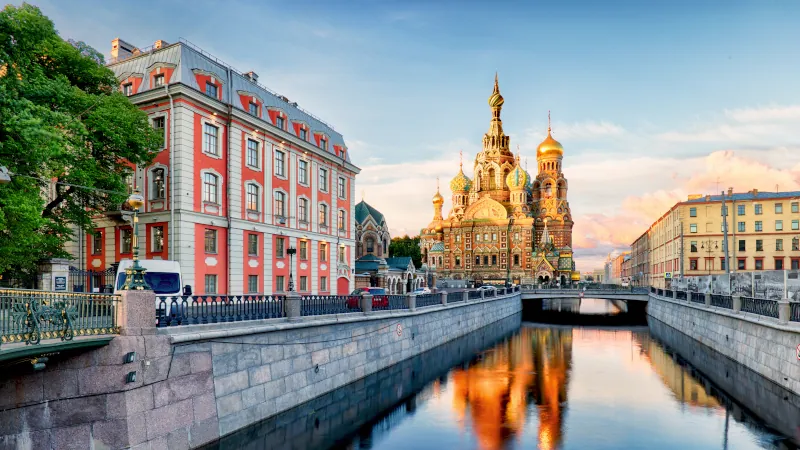 . '
. '
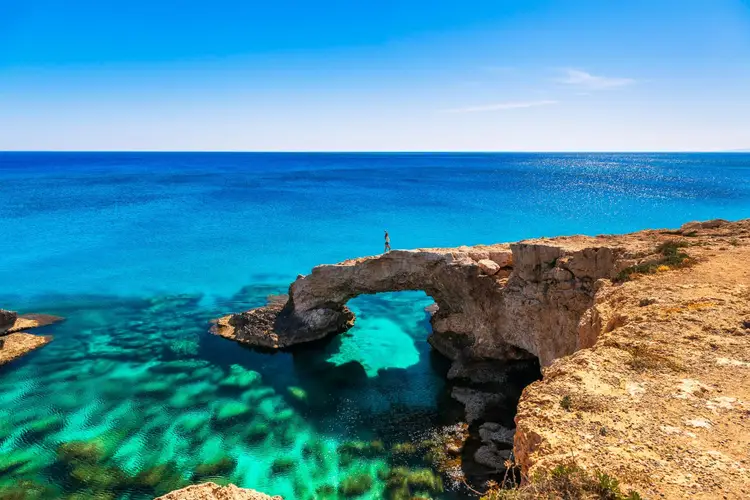 . '
. '
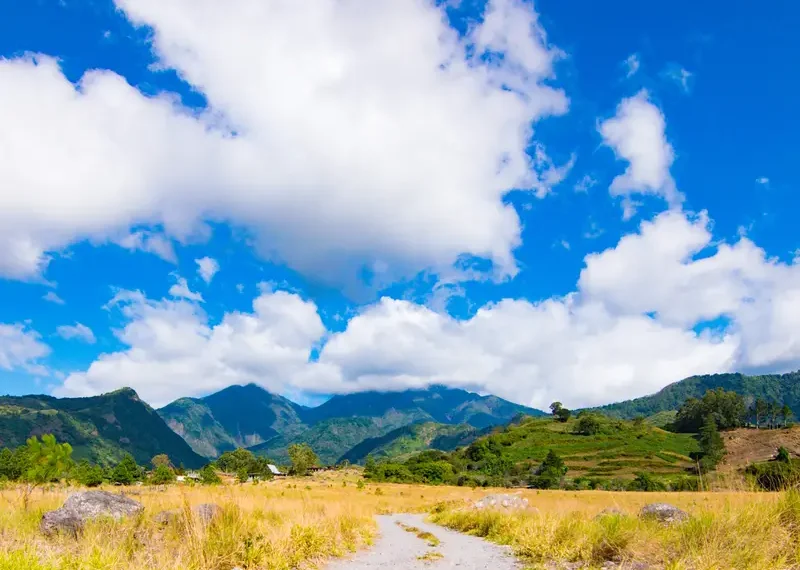 . '
. '
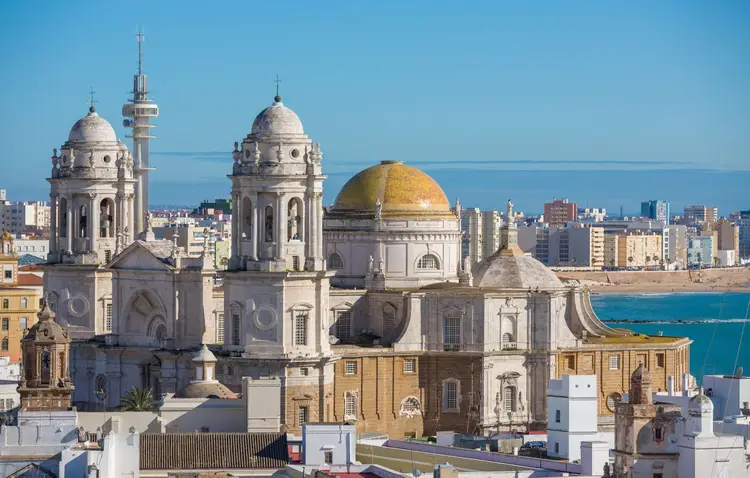 . '
. '


We Value Your Privacy! We will not share your email address with anyone else, period.
As seen in

© 2008 – Live and Invest Overseas™ – All Rights Reserved.
Top Countries
Budgets
Affordable
Resources
Real Estate
Overseas Property Alert
How To Become Independently Wealthy And Fund The Lifestyle Of Your Dreams
Buying Real Estate For Cashflow
Discover tips and strategies used by global property investing veterans
Explore Our Latest Posts
Learn how to invest and purchase property abroad…
Conferences
Live and Invest In Spain Conference
Offshore Wealth Summit
GREECE WORKSHOP
Contact Our Events Team:
Toll-Free U.S. and Canada:
1 (888) 627 8834
From Outside North America:
1 (443) 599 1221
Working Hours
Monday – Friday 08:00 am – 17:00 pm EST.
Reach us with your questions by email at: events@liveandinvestoverseas.com
Store
Overseas Havens Reports
Conference Kits
Lahardan Books
Services
Free Report
THE 10 BEST PLACES TO RETIRE IN 2025

Sign up to receive the FREE daily e-letter, Overseas Opportunity Letter and we’ll immediately email you our editors’ latest research report…
We Value Your Privacy! We will not share your email address with anyone else, period.
Follow Us:
© 2008 - Live and Invest Overseas - All Rights Reserved.
RETIRE OVERSEAS AND LIVE LIKE ROYALTY
Sign up for FREE and learn how to live the good life on a modest budget, find bargain property, and more. Plus, check out our free report on the 10 BEST PLACES TO RETIRE.
We Value Your Privacy! We will not share your email address with anyone else, period.
RETIRE OVERSEAS AND LIVE LIKE ROYALTY
Sign up for FREE to learn how. Plus, check out our FREE report on THE 10 BEST PLACES TO RETIRE